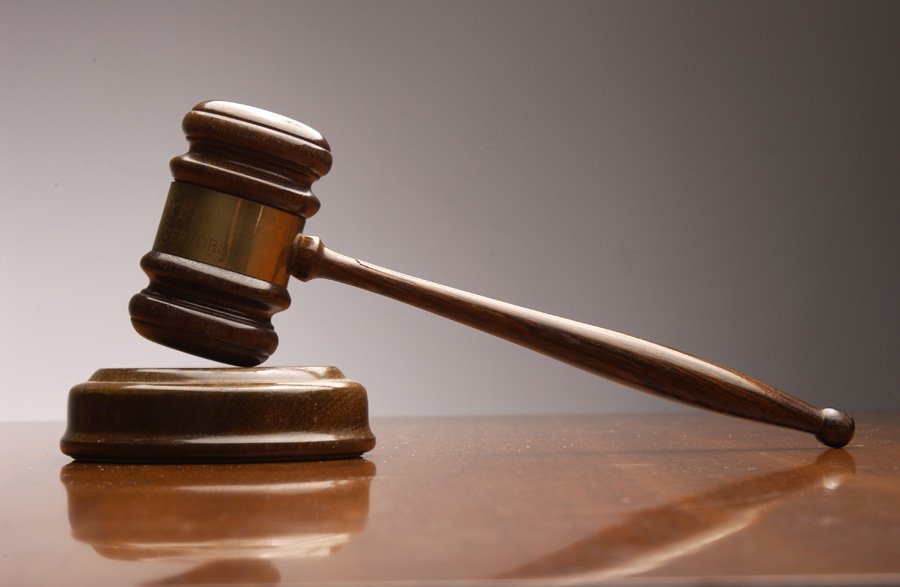Judge Urges Police To Stop Forcing Suspects To Make Confessional Statements
The presiding judge of the Court of Appeal, Lagos Division, Justice Mohammed Garba has urged officers of the Nigeria police to carry out more investigation rather than wait for confessional statements to unravel crime.
Justice Garba lamented that Nigeria appears to have the highest number of confessional statements used as basis of findings during police investigations.
The judge said this while speaking on the topic: ‘Administration of Criminal Justice Act (ACJA) 2015: Innovations, Challenges and the Way Forward’ at the annual Seminar/Workshop of the National Association of Judicial Correspondents which held in Lagos Thursday.
Justice Garba, who was represented by Appeal Court judge, Justice Ugochukwu Ogakwu, appealed to the Police to step up and keep pace with the high standard of crime investigation which obtains in all civilized countries of the world and always ensure that they perform their constitutional duty creditably well. “They owe Nigeria and Nigerians this duty of care.”
The judge also noted that it is time for safeguards to be put in place to guarantee transparency, saying, “It is seriously recommended that confessional statements should only be taken from suspects if, and only if, his counsel is present, or in the presence of a legal practitioner. Where this is not done, such a confessional statement should be rejected by the court.”
He also absolved the judiciary of blame in the act of parading suspects by prosecutorial agencies.
He said, “Sadly, most of the agencies we have now who have both investigative and prosecutorial powers, like the Economic and Financial Crimes Commission (EFCC) in particular, engage so much in media trial.
“But, if they don’t blow their trumpet, nobody will blow it for them and it’s only when they blow their trumpet to show what they are doing that we’ll know that they are actually working.
“What can the judiciary do? The judiciary only works on what is brought before it. Unless there is a case that has been brought for judicial pronouncement, the judiciary will not make any pronouncement on whether it is wrong or not.
“So, the judiciary is not self-activating, the jurisdiction of a court is only invoked when such a matter comes for judicial pronouncement and until such matter comes, the judiciary cannot do anything.”
Garba described the ACJA 2015 as commendable, adding that it contained at least 27 innovative provisions that could revolutionise justice administration.
The second speaker at the event, Managing Editor, Online and Special Publications, The Nation Newspapers, Lekan Otunfodunrin, who spoke on the topic ‘Journalism in the 21st century: Opportunities and challenges’, reminded journalists of the constantly changing nature of their profession.
Otunfodunrin urged journalists to keep up with technological innovations to improve their skills or risk losing their livelihoods to new media practitioners.
He said: “New media has disrupted the traditional journalism which most of us were trained in and have been practicing for years, there is the need to be alert to new developments in our profession to avoid becoming relics.
“Not only has new technology demystified our age-long claim to being gate Keepers and turned us into purveyors of stale information, the economic recession is gradually strangulating our operations.
“In the sense that there are massive layoffs and poor or non-payment of salaries, sales of newspapers and advertising are also low with what most media houses generate not being enough to meet any other obligation apart from paying salaries.
“Instead of living in denial about our precarious circumstance or dismissing the threat of the new media, it is important that journalists get themselves well acquainted with the new trend with technology.
“There is an urgent need by all to take our destiny in our hands, especially for those of us who don’t know any other thing asides journalism.”




